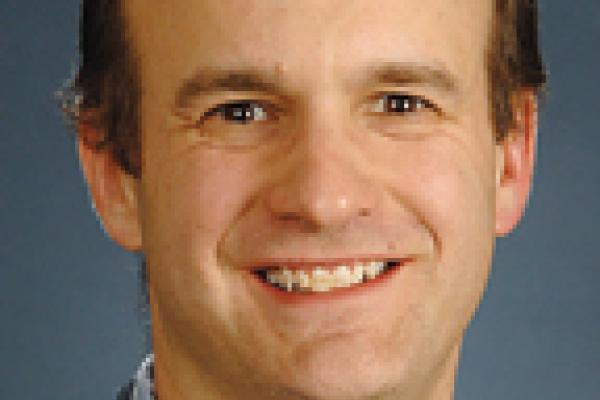Stephen Petrill Awarded 2013-2014 Fulbright Grant

Dr. Stephen Petrill, professor of psychology, has received a 2013-2014 Fulbright Grant to conduct research on “International Twin Studies Examining Gene - Environment Processes in Mathematics Achievement”. His research, a portion of which will be conducted in Tomsk, Russia, has two objectives: to integrate existing data collected from US, UK, and Russian twin samples in order to examine the genetic and environmental underpinnings of math achievement from an international perspective and to plan pilot studies in US, UK, and Russian twin samples to examine the genetic and environmental etiology of brain-based measures of mathematical ability. It is generally recognized that there are important country-level differences in mathematics achievement, but there are also significant person-level differences in math achievement within countries. By understanding how genetic and environmental factors influence person-level differences in math achievement, and how these differ/do not differ across countries, Dr. Petrill hopes to obtain foundational information about the mechanisms through which genes and environments work differently under the influence of different cultures; including different curricula, educational set-up, educationally-relevant cultural norms, and linguistic factors.
As a Fulbright research grantee at Tomsk State University, in collaboration with the Psychological Institute of the Russian Academy of Education in Moscow, he will accelerate his efforts in these domains by combining and beginning the systematic analysis of the existing (but currently separate) behavioral genetic studies of mathematics in the United States, the United Kingdom, and the Russian Federation, and by planning new international pilot projects using brain-based measures of mathematical processing. Dr. Petrill has a long history of successful international collaboration, allowing him to develop a high level of adaptability and understand the importance of cultural sensitivity. A British colleague, Dr. Kovas, with whom he has collaborated since 2003, recently received a grant for a new twin study of mathematics based at Tomsk State University, funded by the Government of the Russian Federation, and the Psychological Institute of the Russian Academy of Education in Moscow. Dr. Petrill is also a scientific advisor on the new Russian twin project. Together with Dr. Kovas he has recently submitted a book chapter with Dr. Sergei Malykh, one of their colleagues on the Russian Twin Study (and scientific director of the Psychological Institute).
In June 2012, he travelled to Moscow and Tomsk to participate in scientific meetings and take part in a research colloquium and the International Summer School on behavioral genetics with his Russian colleagues. This experience allowed him to accelerate the process of learning to speak and read the Russian language, and also has enhanced my appreciation of the cultural, political, and scientific landscape in Russia. Beyond the relationships developed with his Russian colleagues, Ohio State University and Tomsk State University have a positive institutional history of developing joint research as well as student exchange programs in other academic domains. Thus, beyond the scope of his Fulbright research, this work has enhanced potential to promote sustainable and mutually-beneficial ties between the US and Russian academies.
